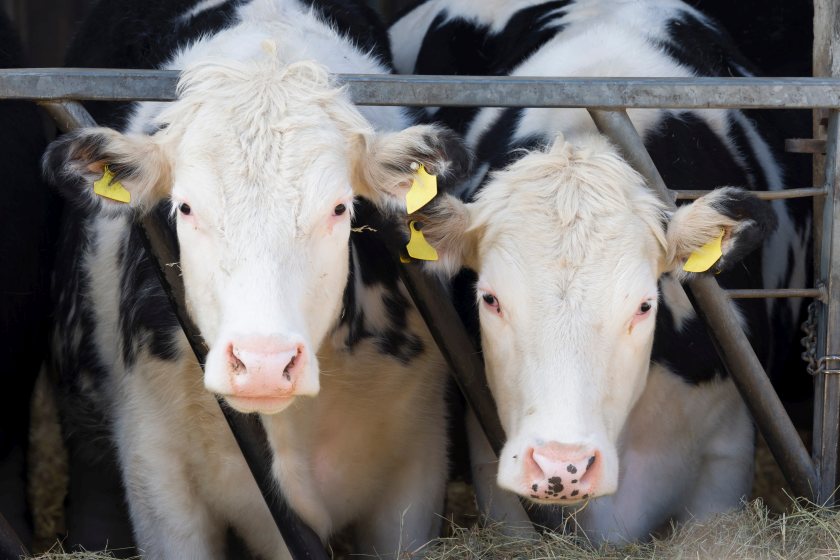
A botulism outbreak that killed more than 700 cattle in the UK has been linked to waste from a large-scale bakery used in animal feed, the Food Standards Agency (FSA) has said.
The current outbreak, which emerged earlier this month, is thought to have spread through contaminated feed supplied to several farms.
Investigations have so far identified three suppliers and five farms affected, though confirmation through sampling is still pending, according to the FSA's latest update on the issue.
The UK Health Security Agency (UKHSA) has assessed the risk to public health as negligible, stressing that the strain involved is not believed to transfer to humans through the food chain.
Officials say the outbreak highlights the rare but severe threat the disease poses to livestock. Botulism is caused by toxins produced by the bacterium Clostridium botulinum and can lead to major losses for farms.
It typically arises when animals consume contaminated material such as spoiled feed or animal remains.
Symptoms in cattle include weakness, paralysis, difficulty swallowing, loss of coordination and, in severe cases, sudden death.
Though uncommon, botulism outbreaks in cattle have been recorded in recent decades. The Animal and Plant Health Agency (APHA)e has documented several incidents, including a major case in Wales in 2014 when 160 dairy cows died after eating grass silage contaminated with a decaying carcass.
Defra has published guidance for farmers on botulism in ruminants, urging vigilance around feed storage and handling.
Recommendations include proper disposal of animal remains, strict controls on the use of waste products in feed, and regular inspection of silage clamps and storage facilities.
Farmers are also urged to report unusual illness or sudden deaths in cattle to veterinary authorities without delay.
